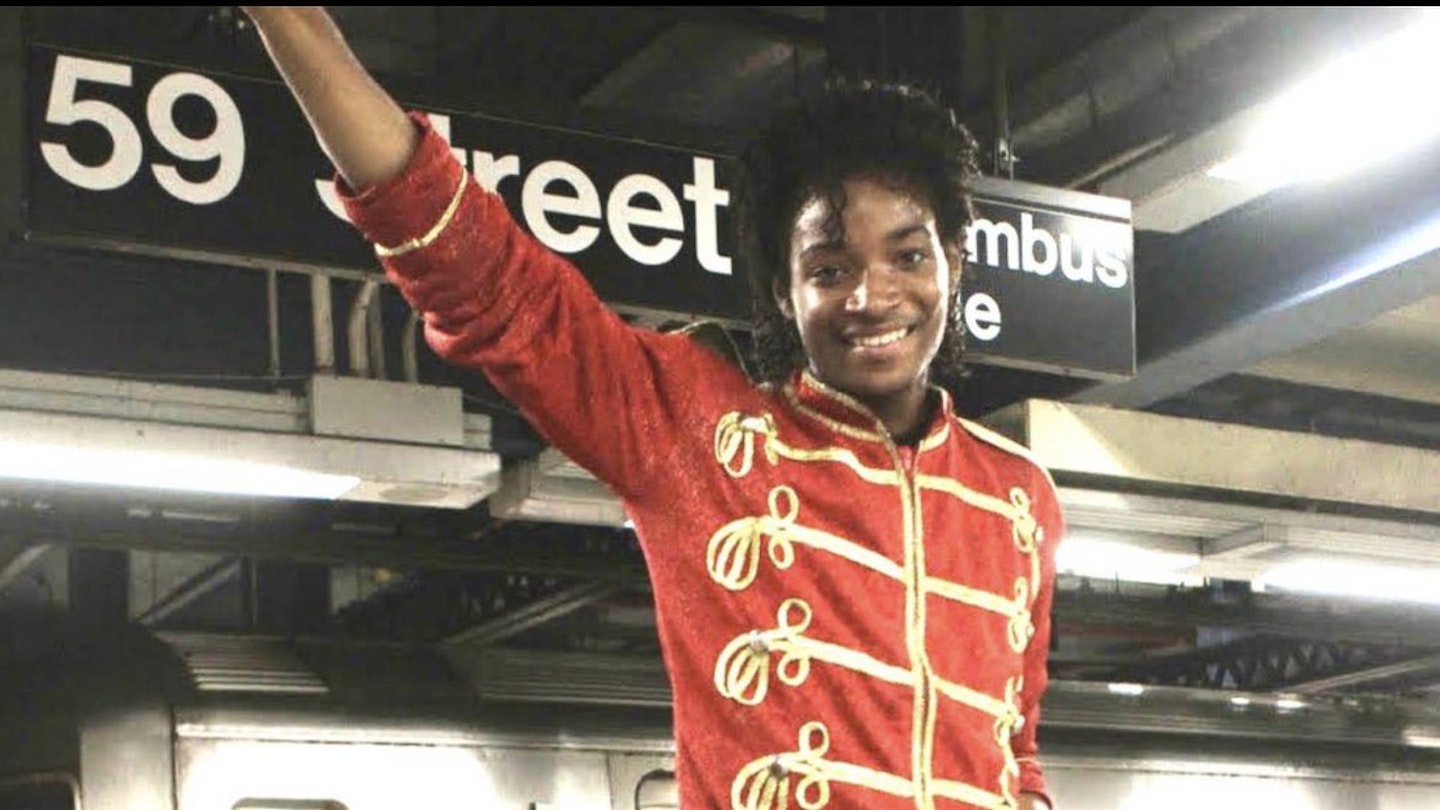A 30-year-old Michael Jackson impersonator was killed on a New York subway train on Wednesday by a 24-year-old US Marine, who has not yet been named by New York police. According to bystanders, the passenger placed Jordan Neely in a chokehold after he began ‘screaming’ on the F-line train, telling passengers he was ‘fed up’ of not having any food or drink. Neely is known to have been homeless and had a history of mental ill health.
The New York City medical examiner say Neely’s death was caused by homicide from ‘compression of neck [chokehold]’, with videos of the incident circulating online as bystanders stood by recording. Some witnesses say that passengers on the train even cheered as the Marine held Neely in the chokehold, with protests now ensuing in New York calling for justice for his death.
The passenger responsible for Neely’s death was questioned and released by police. While a homicide ruling does mean death caused by another person, it does not legally mean a murder charge will be brought – it is now up to prosecutors to determine if the man will be charged.
‘As part of our rigorous ongoing investigation, we will review the Medical Examiner's report, assess all available video and photo footage, identify and interview as many witnesses as possible, and obtain additional medical records,’ a spokesman for Manhattan district attorney Alvin Bragg said in a statement following the ruling. ‘This investigation is being handled by senior, experienced prosecutors and we will provide an update when there is additional public information to share.’
Naturally, there is outrage online following the incident. Juan Alberto Vazquez, who is a freelance journalist who filmed the incident, told the New York Times that Neely was screaming to passengers ‘I don't have food, I don't have a drink, I'm fed up… I don't mind going to jail and getting life in prison. I'm ready to die.’
Vazquez noted that while the passenger was frightening, he had not assaulted anyone at the time he was placed in a chokehold and that even when he was, he did not believe Neely would die from it. ‘None of us were thinking that’ he told the New York Times. ‘He was moving, and he was defending himself.’
The disturbing video has now been shared countless times, and it’s perhaps worth noting that such a video can cause extreme distress to others. While the intention in sharing the video may be to raise awareness of the dreadful incident, it’s important to think twice about the trauma it can cause to others to see so many videos and pictures of a young Black man dying at the hands of a white armed forces officer.
Beyond that, the horrific scenes should teach us all a lesson about the importance of bystander intervention and mental health support. It’s a known phenomenon, the Bystander Effect, that individuals are less likely to offer help to a victim in the presence of other people. Why? Psychologists argue it’s due to a lack of responsibility felt by any one person when more people are present to witness an incident, which reinforces mutual denial. In tragic cases like this, it can prove deadly if no one person recognises the harm someone is in and relies on another to intervene.
It's particularly important when we consider Neely’s personal circumstances. Are the public more likely to turn a blind eye to a person in distress if they are homeless or clearly suffering mental ill health? This seems to serve as prove of as much.
What we need to learn from this is how a person can safely intervene when someone is in mental health crisis, and more than that, how apathy towards homeless people has created a world in which someone clearly crying out for help can be killed in public. In the midst of a housing and cost of living crisis, our empathy for people struggling to live right now should be higher than ever. What we need is to rally against governments and economic giants to correct this ever-worsening issue, to ensure the countless other people struggling – just as Neely was – receive support but also, that individuals know how to help them when they’ve reached breaking point.
